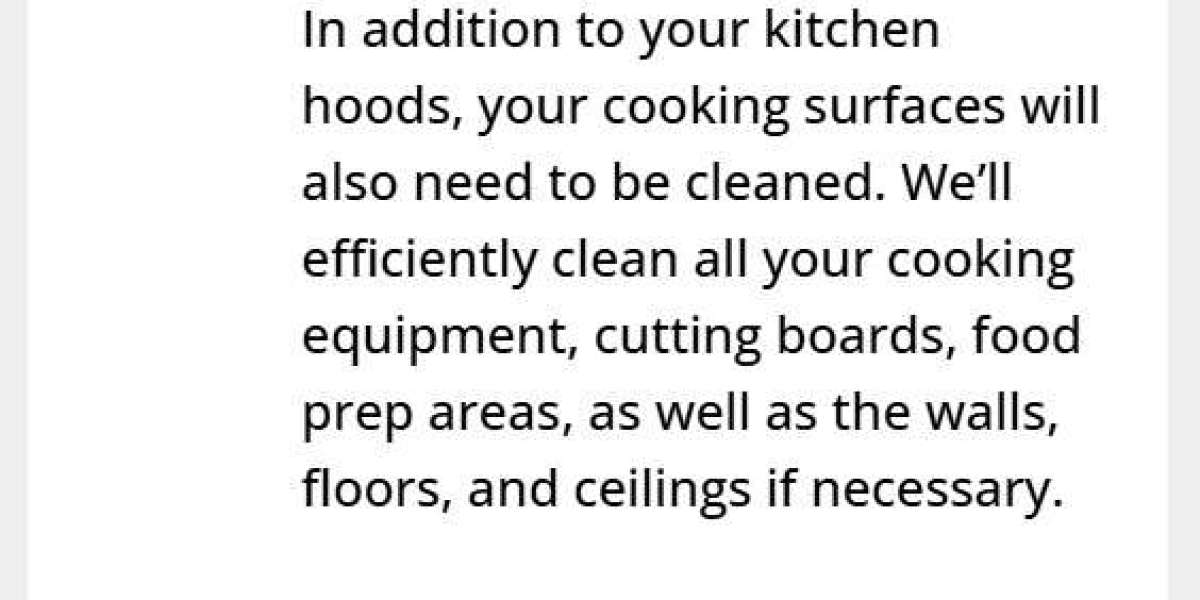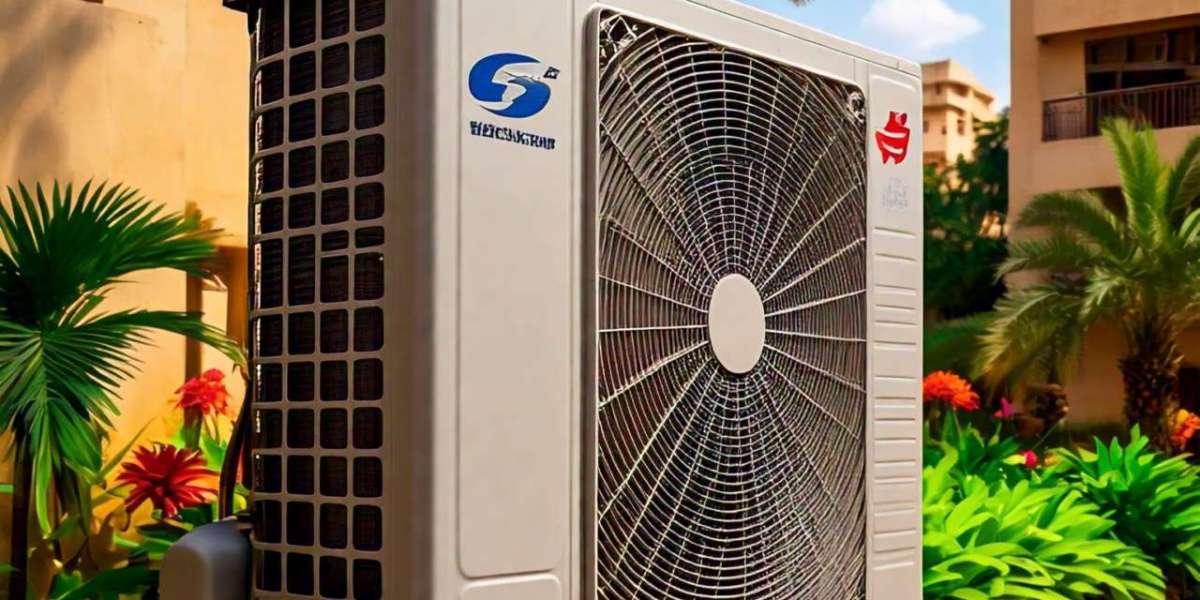Why Cleaning Commercial Ovens Deserves More Attention?
Cleaning commercial ovens is not just about appearance. It's about safety, performance, and compliance. Yet, many kitchen managers still get it wrong.
Failing to properly clean ovens can lead to burnt food, fire hazards, and failed health inspections. Even worse, it can shorten the lifespan of expensive kitchen equipment. For restaurants, schools, and healthcare facilities, this isn’t a small problem—it’s a daily risk.
If your team is skipping steps or cleaning the wrong way, your business may already be at risk. Knowing where the problems begin is the first step to avoiding them.
The Most Common Mistakes in Oven Cleaning
1. Waiting Too Long Between Cleanings
One of the biggest errors is not cleaning commercial ovens often enough. Grease and food residue build up fast. If you wait too long, it hardens. Once that happens, regular cleaning products may not work. Hardened grease becomes nearly impossible to remove without damaging surfaces.
2. Using the Wrong Cleaning Products
Not all degreasers are safe for ovens. Some chemicals damage parts or leave harmful fumes. Always use products rated for high-heat equipment and food-safe environments. The wrong product might make your oven look clean but harm its internal components over time.
3. Skipping Hidden or Hard-to-Reach Areas
Many people clean the racks and doors but forget the fan, vents, or interior corners. These areas trap grease and carbon, which can cause smoke or even fires. Regular attention to these spots helps keep your oven safe and functional.
4. Not Rinsing Off Cleaning Chemicals Properly
Leaving residue from harsh chemicals can contaminate food. It can also cause corrosion. Rinse and dry the oven after every cleaning session. A clean rinse is just as important as the scrub itself.
5. Ignoring the Manufacturer’s Instructions
Each commercial oven model has specific cleaning needs. Skipping the manual leads to missed steps, damaged parts, or voided warranties. What works for one brand might ruin another.
Why These Mistakes Cost You More Than You Think
Small errors in cleaning commercial ovens can lead to big issues. Here's why:
Shorter equipment life: Grease build-up forces components to work harder.
Increased energy use: Dirty ovens take longer to heat and don’t cook evenly.
Fire risk: Grease fires can start inside ovens, especially if not cleaned properly.
Health code violations: Dirty equipment is a red flag during inspections.
Bad food quality: Residue affects flavor, smell, and appearance.
In many cases, these costs go unnoticed until they pile up. Regular oven cleaning is an easy way to prevent emergencies.
How Often Should You Be Cleaning Commercial Ovens?
Daily Cleaning
Wipe down spills, clean racks, and sweep crumbs. This keeps messes from hardening overnight. A simple wipe can save hours of scrubbing later.
Weekly Cleaning
Remove and scrub racks, trays, and interior walls. Pay attention to the oven door and glass. A weekly scrub keeps the oven working at top efficiency.
Monthly Deep Cleaning
Clean fans, vents, and drip trays. Check for grease buildup behind or under the unit. This may require moving the oven. A deep clean clears the areas where long-term damage starts.
What a Proper Oven Cleaning Process Looks Like
Step 1: Cool the Oven Completely
Never clean a hot oven. Let it cool to avoid burns and cleaning product fumes. This also helps products stick and work better.
Step 2: Remove Racks and Accessories
Soak racks in warm, soapy water. Scrub with a brush or sponge. You’ll remove more grime without harsh chemicals.
Step 3: Apply Commercial Oven Cleaner
Spray all interior surfaces. Let the cleaner sit per the label instructions. A longer soak helps break down stubborn grease.
Step 4: Scrub Gently but Thoroughly
Use a soft-bristle brush or non-abrasive pad. Avoid steel wool unless the oven manufacturer approves it. Tough brushes can scratch and trap grease in tiny grooves.
Step 5: Rinse and Wipe Dry
Use clean water to wipe away all chemicals. Dry with a lint-free towel. This final step ensures no residue ends up on your food.
Step 6: Clean the Exterior
Wipe handles, knobs, and door seals. These areas also collect grime over time. A clean exterior improves hygiene and keeps controls working.
Step 7: Check for Any Missed Spots
Use a flashlight to inspect corners, vents, and drip trays. Even one missed spot can lead to buildup.
Training Staff to Clean Ovens the Right Way
Commercial kitchen managers must train staff in proper cleaning routines. It’s not just a janitor’s job. Kitchen staff who use the oven daily must know how to maintain it.
Hold short training sessions. Post cleaning schedules in visible spots. Assign responsibilities and rotate tasks to prevent burnout. A team approach helps maintain consistency.
The Role of Professional Cleaning Services
Some tasks are too tough for staff to handle. Deep grease build-up or hard-to-reach areas need professional tools.Trying to clean those without training may lead to damage.
Mid Atlantic Hoods offers commercial cleaning services, including oven deep cleaning. Hiring experts ensures you meet health code standards and avoid damaging equipment.
Signs You Need a Professional Oven Cleaning
Smoke or odors during preheating
Uneven cooking or cold spots
Grease dripping onto food
Visible residue after wiping
Failed or low health inspection scores
If these signs appear, don't wait. Professional cleaning might be the only solution.
Benefits of Regular Oven Cleaning
Better tasting food
Fewer equipment breakdowns
Lower utility bills
Safer working conditions
Longer appliance lifespan
Kitchen managers who prioritize cleaning see fewer issues and better long-term performance. Clean ovens support a smooth kitchen workflow.
Final Thoughts
Cleaning commercial ovens is not optional. It’s a key part of running a safe, efficient kitchen. Yet many managers underestimate its importance or make critical errors.
Don’t risk fires, bad reviews, or costly repairs. Clean your ovens the right way. Train your team, set schedules, and call in pros when needed. The safety of your kitchen depends on it.
A small change in how you clean today can prevent big problems tomorrow.







